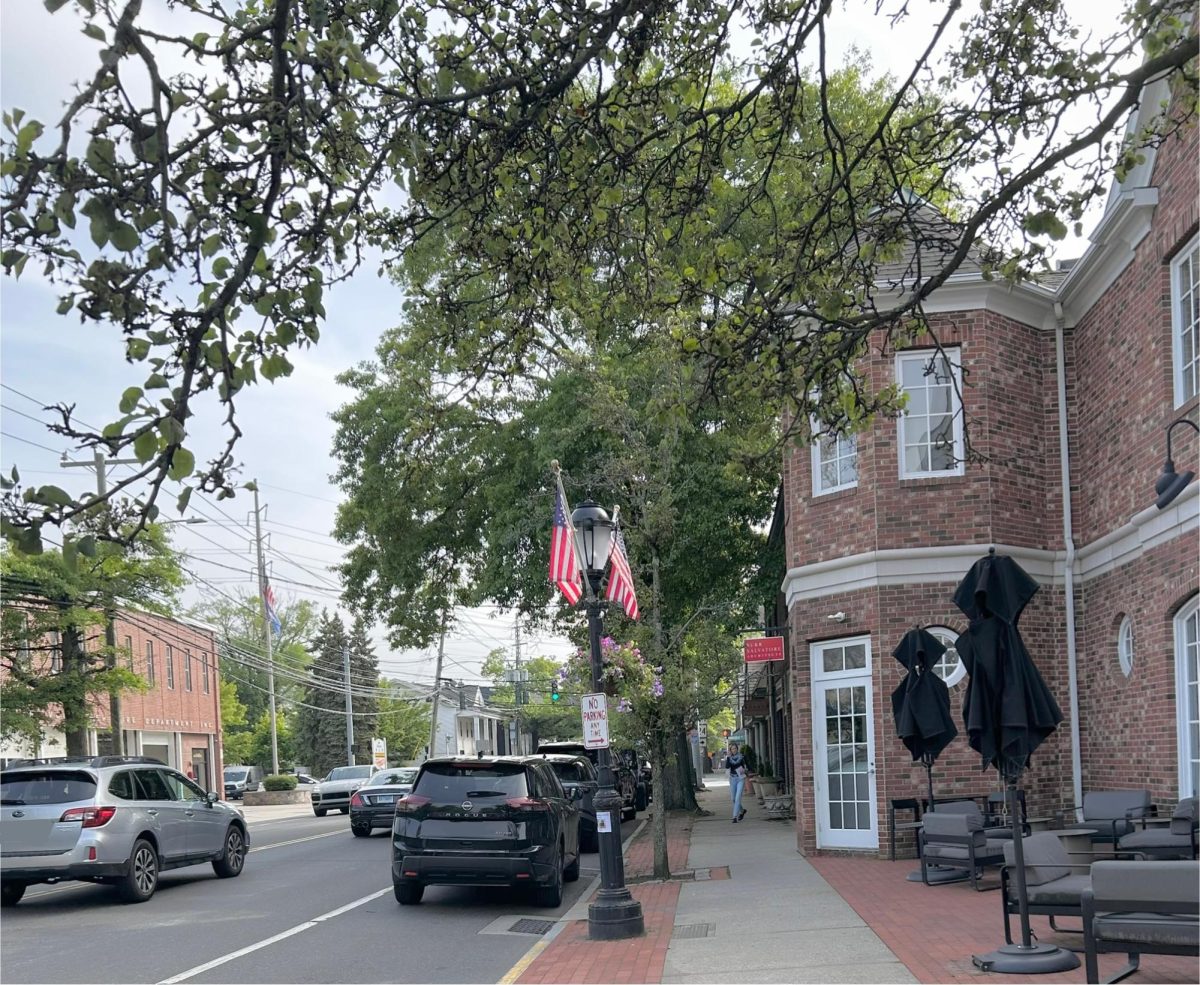Arresting: A Review of Jami Attenberg’s “All This Could Be Yours”
Attenberg offers us charming, intriguing, and, importantly, brief glimpses at others’ lives
October 13, 2021
In her 2019 novel All This Could Be Yours, Jami Attenberg navigates various perspectives with skill and imagination to create the complete picture of a family falling apart. She opens with an arrestingly rhythmic first line: “He was an angry man, and he was an ugly man, and he was tall, and he was pacing.” He’s also Alex Tuchman’s father, and in just a few pages, he’ll be dying of a heart attack.
Victor Tuchman was not a good man. He was the sort of rich “bad capitalist” criminal who either gets sued for dubious business practices or else gets away with it. He hit his wife Barbra and his son Gary and, rarely, his daughter Alex. But now he’s in the hospital, and it won’t be long before he’s gone.
Alex is desperate to uncover her father’s secrets, find out why, after everything, Barbra still loves him. She wants to understand herself, and she thinks she first needs to understand her parents. She tells her brother, “If I know why they are the way they are, then maybe I can learn why I am the way I am.” So she appears at her father’s bedside in New Orleans, unable to forgive him but hoping to learn more about him.

Gary, meanwhile, is on a trip to LA, trying to gain new possibilities in his career as a movie director. He refuses to fly back home to New Orleans to grieve the father he never loved.
Instead, Gary’s wife Twyla, a former makeup artist, is there with the Tuchmans. She’s trying to distract herself from that gnawing sense of guilt opening a cavity in her chest by buying all the pink lipsticks she can find at the CVS.
Barbra doesn’t quite know how to feel about her husband of more than 40 years, lying hooked up to IVs and a heart monitor. She walks around the hospital, getting her step count in for the day. She doesn’t want to reveal any dirty secrets to Alex. She doesn’t want to lose the last person she has in the world, even if that person is an angry ugly jerk. But there’s another part of her that longs to be free from Victor.
Attenberg tells the story from the perspective of each character, offering the reader a view from different angles. Yet what may be the most unique and wonderful aspect of All This Could Be Yours is the occasional shift to outside perspectives, inspiring and entertaining the reader’s sense of sonder, that feeling you get when you realize everyone around you is living a life just as real and complex as your own. The reader learns about the man in the wheelchair who Barbra encounters at the hospital, how he wishes that his daughter who “looked like a sunset in human form” knew about his stroke. We witness the CVS cashier’s annoyance when Twyla decides not to purchase any of the lipsticks she had piled into her cart, consoling herself with the thought that soon she’ll be away from here.
For the most part, Attenberg offers us charming, intriguing, and, importantly, brief glimpses at these other lives. However, when she becomes heavy-handed (e.g. a full-length chapter devoted to the character of Sharon) it ruins that magical feeling of sonder and instead forces the reader to follow her on a tangent.
One other area where Attenberg can be excessive is in her use of sentence fragments, typically to set a scene. Alex’s chapters, especially, tend to open with a fragment, sometimes multiple of them. It’s obviously intentional, but I don’t think that it does a great job of accomplishing whatever Attenberg’s intention was. Take this ‘sentence,’ for example: “Tears, rarely, from this woman.” It is, predictably, from one of Alex’s chapters, though not at the beginning. Fragments can, of course, be quite effective when used sparingly and with good reason, but the one above reads awkwardly, like a failed attempt at lyricism.
That said, Attenberg’s prose is generally well-written and clever, like when Alex sees trees decorated with Mardi Gras beads and says “those trees are kind of sexy,” to which Barbra replies, “it depends on how you feel about trees.”
Jami Attenberg’s ability to capture the story of a fractured family through a fractured narrative is what makes All This Could Be Yours ultimately successful. There is no singular perspective in any crisis. She also reminds the readers that the strangers around us are characters too, and in doing so accomplishes what I see as the goal of fiction: to allow you to enter an alternate universe where you are someone else.






